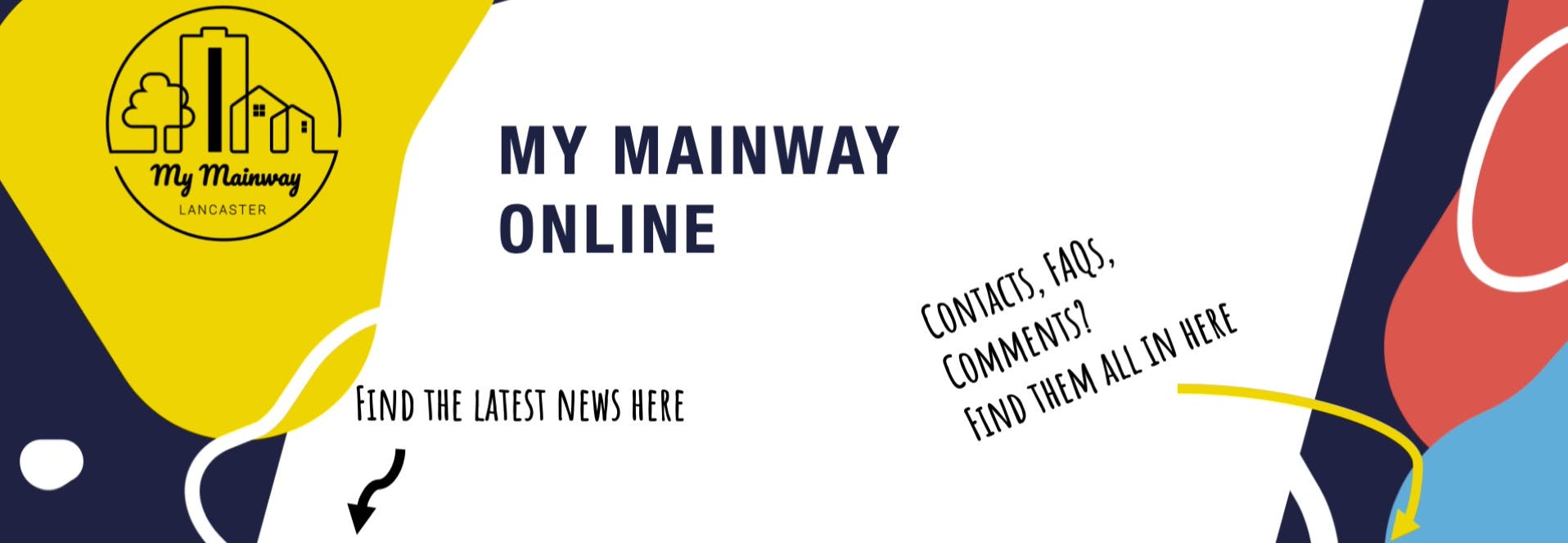Category #door-to-door Show all
-
Door to door engagement
Share Door to door engagement on Facebook Share Door to door engagement on Twitter Share Door to door engagement on Linkedin Email Door to door engagement link
Early September 2020 10 a group from ImaginationLancaster and Lancaster City Council (LCC) to run 5-days doorstep engagement activities with every home on Mainway, a total of 257 flats. The purpose purpose was to reach as many people as possible including those who for different reasons were isolated. All the members went through a training session to discuss the activities, clarify roles, capturing of data, and health and safety protocols. The group was divided into five teams of 2 people, one from ImaginationLancaster and one from LCC. Each team visited on average 50 households during five intense days reaching 47% of the residents. We facilitated three activities that consisted of capturing personal information from the residents, views on Mainway as a whole, and inside of their flats, imagining the future redevelopment of the area.
This was an exciting opportunity to talk with every resident, and we had a fantastic response from people who shared their personal experiences and dreams for the future of Mainway. In Mainway there are residents that have been living there a long time and where proud of living there and like to talk about those wonderful experiences living here. For instance, one of the residents mentioned: “I have been living here for 48 years, I remember when Mainway was built”. One resident in Captain’s Row told us ‘my home is my castle’ and another in Greg House spoke passionately about how important their home was for safeguarding their independence.
On the other hand, resident raised similar concerns than the participants of the walks. There were common themes for change that arose; anti-social behaviour, poor maintenance of communal areas, lack of or outdated facilities such as the heating and recycling spaces. Fly-tipping is a prime issue which further reduces the aesthetic of the area and stretches council resources.
This process not only gathered the experiences of the people, but they were also asked about how these experiences could be very valuable in reimagining the future redevelopment of the estate. Residents came up with different ideas for how to improve not only their homes but also the entire neighbourhood. One of the most common themes was “Community life.” Several residents would like to have a more active life and a way to engage in activities with their neighbours. Communal spaces and outdoor spaces, such as gardens, create this sense of community, which is reflected in today’s life.
Whilst there was lots of positivity about the redevelopment there were also those who want to leave the estate or are concerned and sceptical about the redevelopment. Some residents who had lived there the longest felt they are being pushed out by the anti-social behaviour of their neighbours. Others expressed a deep-seated mistrust of the council, this ranged from concerns about not being allowed to return post-development or that their feedback would not really be listened to. These residents were often less eager to take part in the interviews and some declined to speak with us as ‘at the end of the day the council are going to do what the council are going to do.’
Mainway is a site that is brimming with potential in terms of location and physical space, but areas of it have been neglected and are outdated, such as the buildings and communal spaces. Many of the residents alluded to this during the interviews, compliments about the view were as frequent as complaints about the storage heaters.
